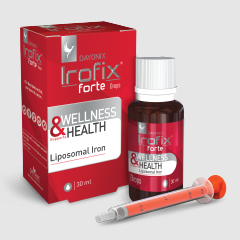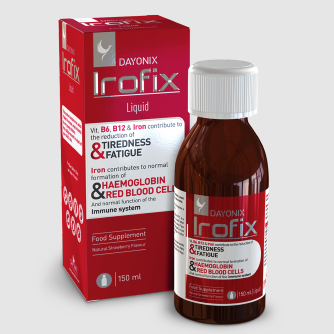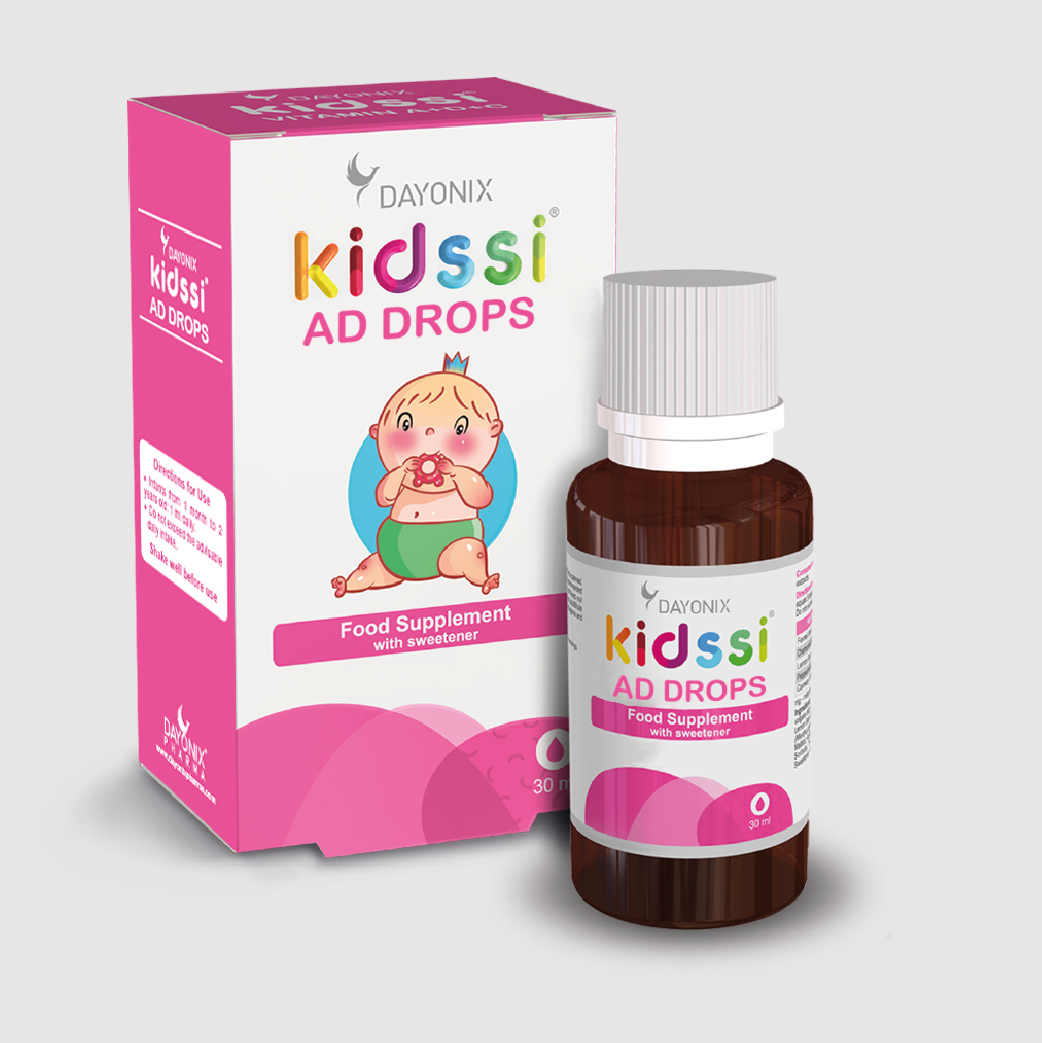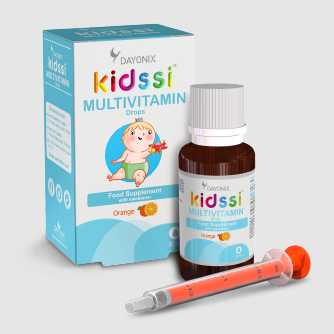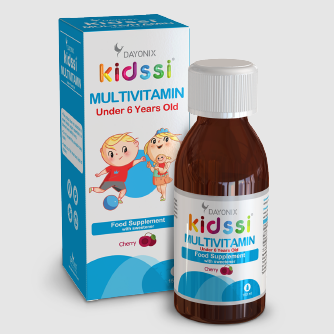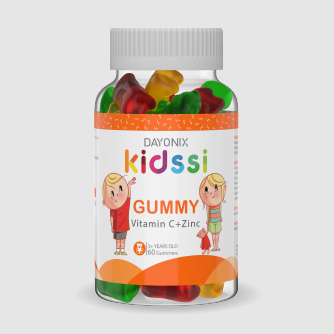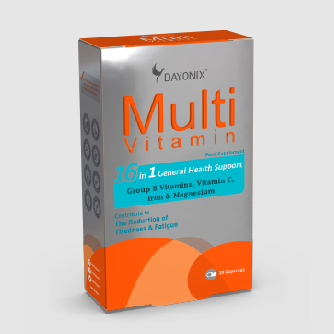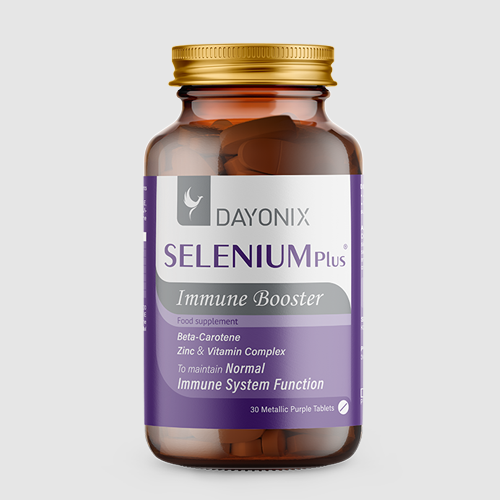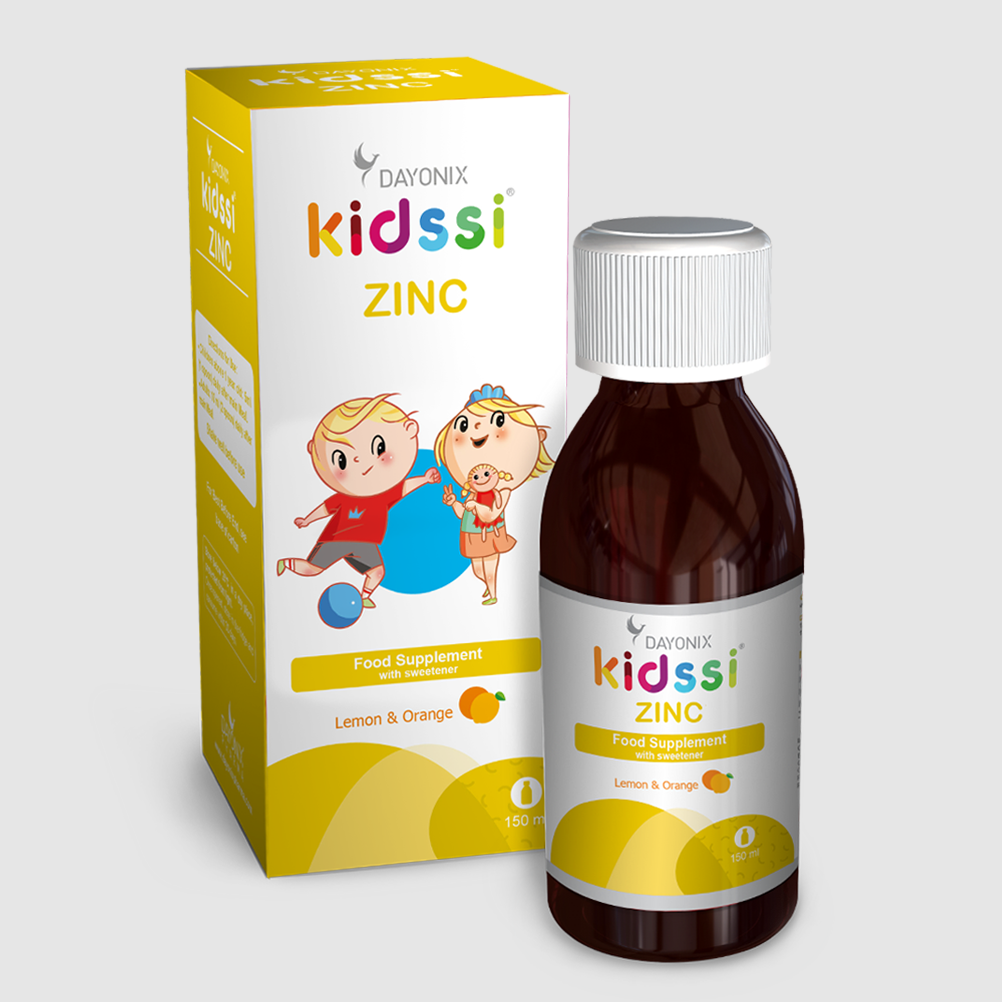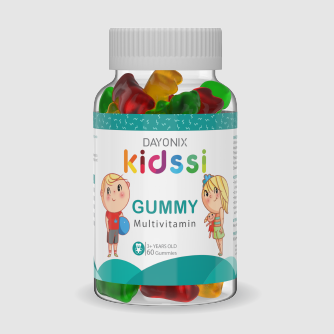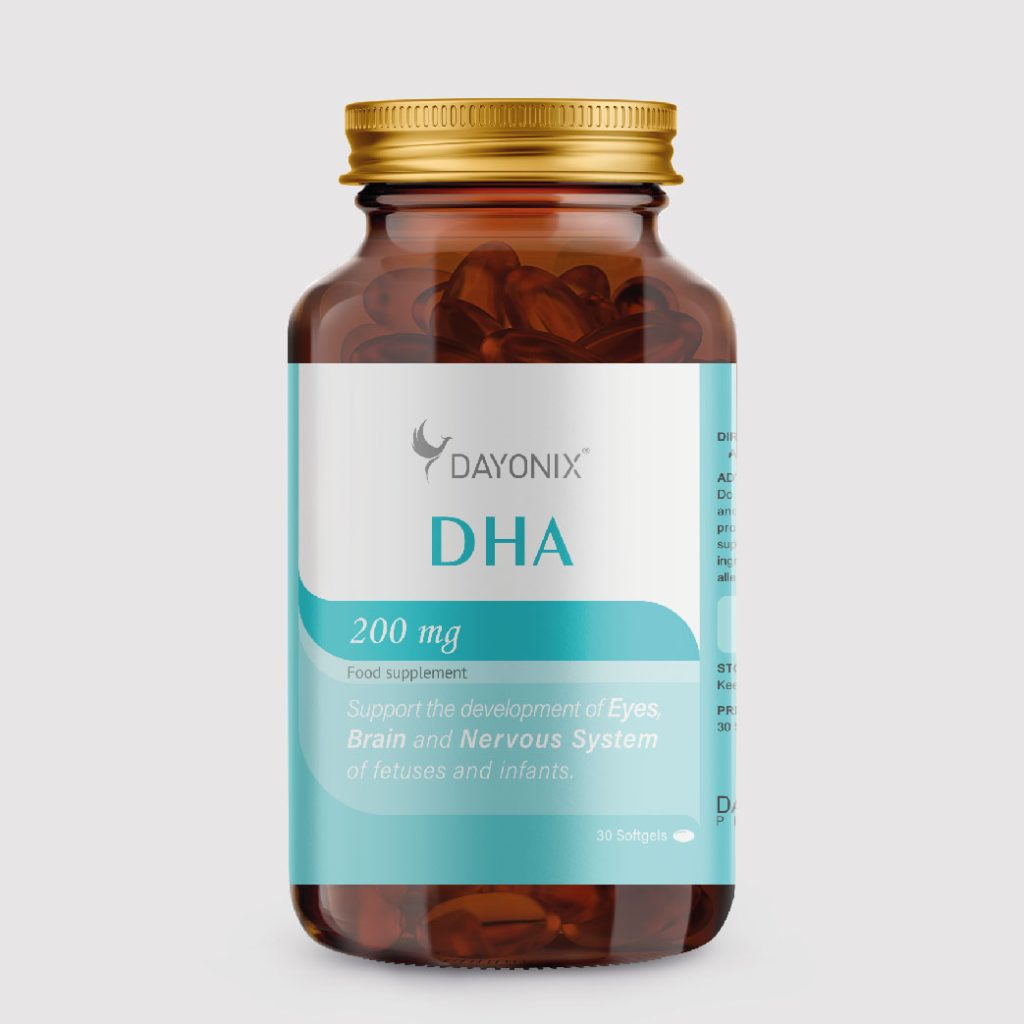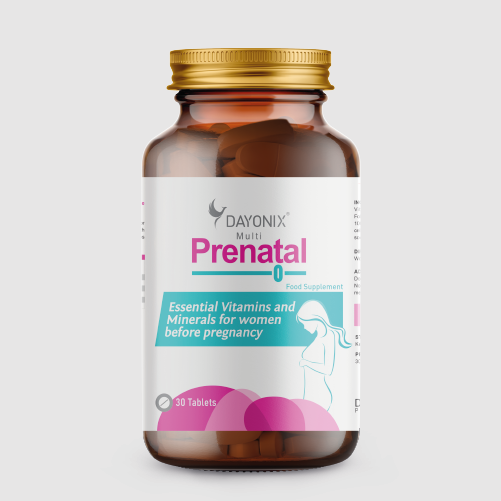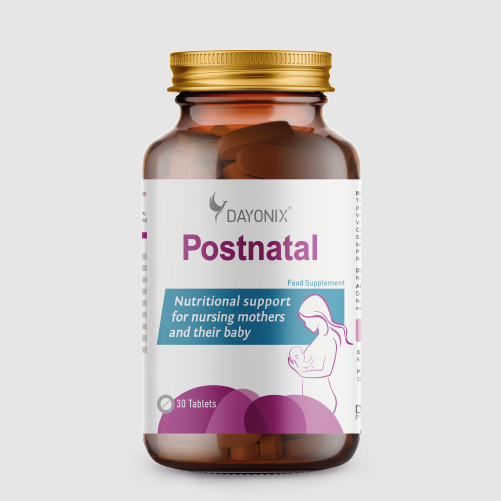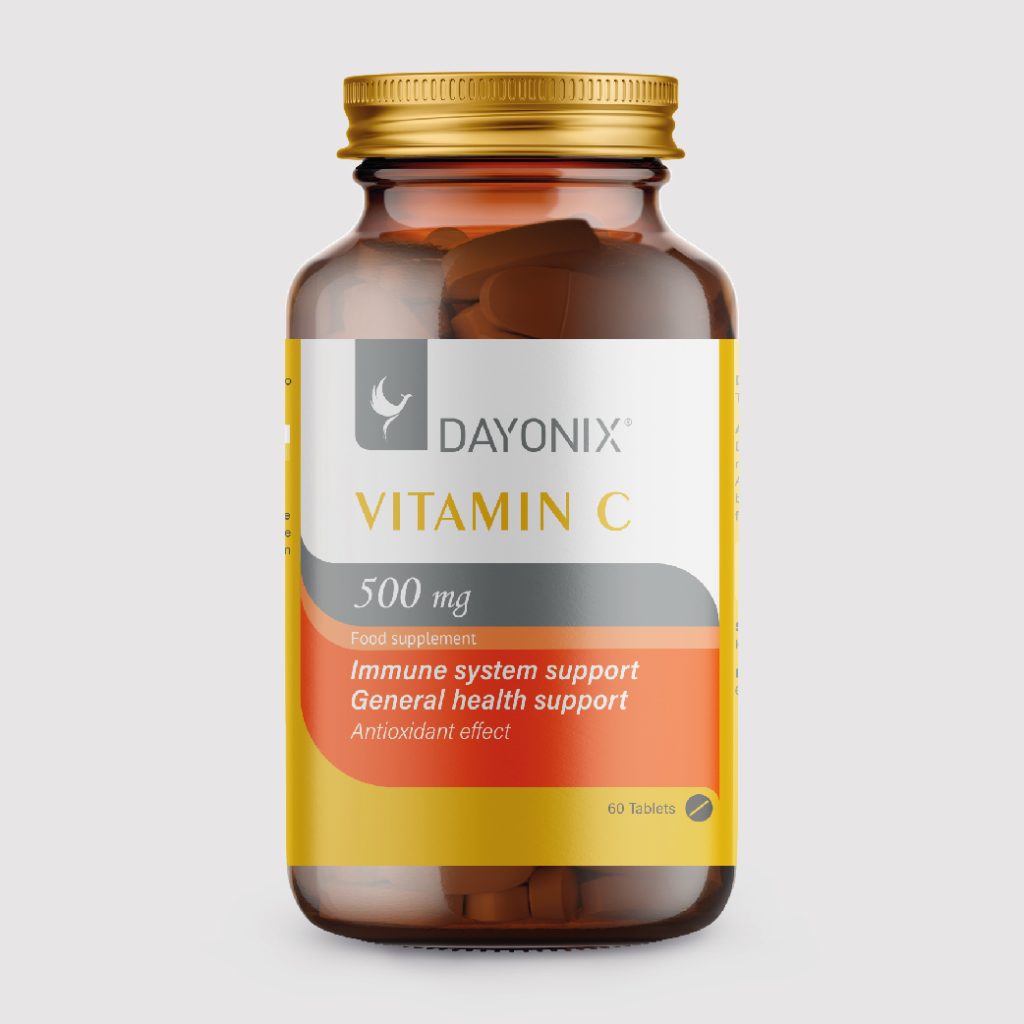Dayonix Kidssi
Multivitamin
Dayonix Kidssi
Multivitamin Under 6 years old
Dayonix Kidssi Gummy
Vitamin C+ Zinc
Dayonix Kidssi Gummy
Calcium + Vitamin D
Dayonix
Multivitamin
Dayonix
Multivitamin Forte
Dayonix
50+ Men Multivitamin
Dayonix
50+ Women Multivitamin
Dayonix
Prime Yeast Capsule
Dayonix
Vitamin C
Dayonix Kidssi
Neofolic
Dayonix
Multivitamin Effervescent Tablet
Dayonix
Sleep & Stress Support Capsule
Dayonix
Effervescent Tablet
The Effects of Supplements and Micronutrients on Wellbeing
The consumption of supplements and micronutrients has become increasingly popular in recent years, with individuals seeking to enhance their general health and well-being. These dietary supplements aim to provide essential vitamins, minerals, and other nutrients that may be lacking in one’s regular diet. However, it is pertinent to examine the effects of these supplements and their role in promoting overall health and wellbeing.
Effects on General Health and Well-being: Supplements and micronutrients can have both positive and negative effects on general health and well-being. On one hand, they can help address nutritional deficiencies and support optimal bodily function. For instance, vitamin D supplements have been shown to promote bone health and immune system function. Omega-3 fatty acid supplements have been associated with improved heart health, while antioxidants like vitamin C can help protect against oxidative stress. In certain cases, specific supplements or micronutrients may be recommended by healthcare professionals based on an individual’s deficiency or medical condition.
However, it is important to note that for individuals with a balanced diet, the need for supplements may be limited. In some instances, excessive intake of certain supplements can lead to adverse effects. For example, high doses of fat-soluble vitamins such as vitamins A and E can accumulate to toxic levels in the body. Additionally, relying solely on supplements may neglect the holistic benefits of a diverse diet consisting of whole foods, which provide a variety of essential nutrients and fiber.
In conclusion, While supplements and micronutrients can contribute positively to general health and well-being by addressing deficiencies and promoting specific bodily functions, they should not be used as a substitute for a well-balanced diet. It is crucial to consult healthcare professionals before incorporating supplements into one’s daily routine. Furthermore, understanding individual nutritional needs, maintaining a varied diet consisting of whole foods, and adopting a healthy lifestyle are fundamental for overall health and well-being.
References: 1. Rink C, Khanna S. Micronutrients in health and disease. Antioxid Redox Signal. 2011;14(8):1613-1614. 2. Bailey RL, Gahche JJ, Miller PE, Thomas PR, Dwyer JT. Why US adults use dietary supplements. JAMA Intern Med. 2013;173(5):355-361. 3. Fletcher RH, Fairfield KM. Vitamins for chronic disease prevention in adults: Clinical applications. JAMA. 2002;287(23):3127-3129.




